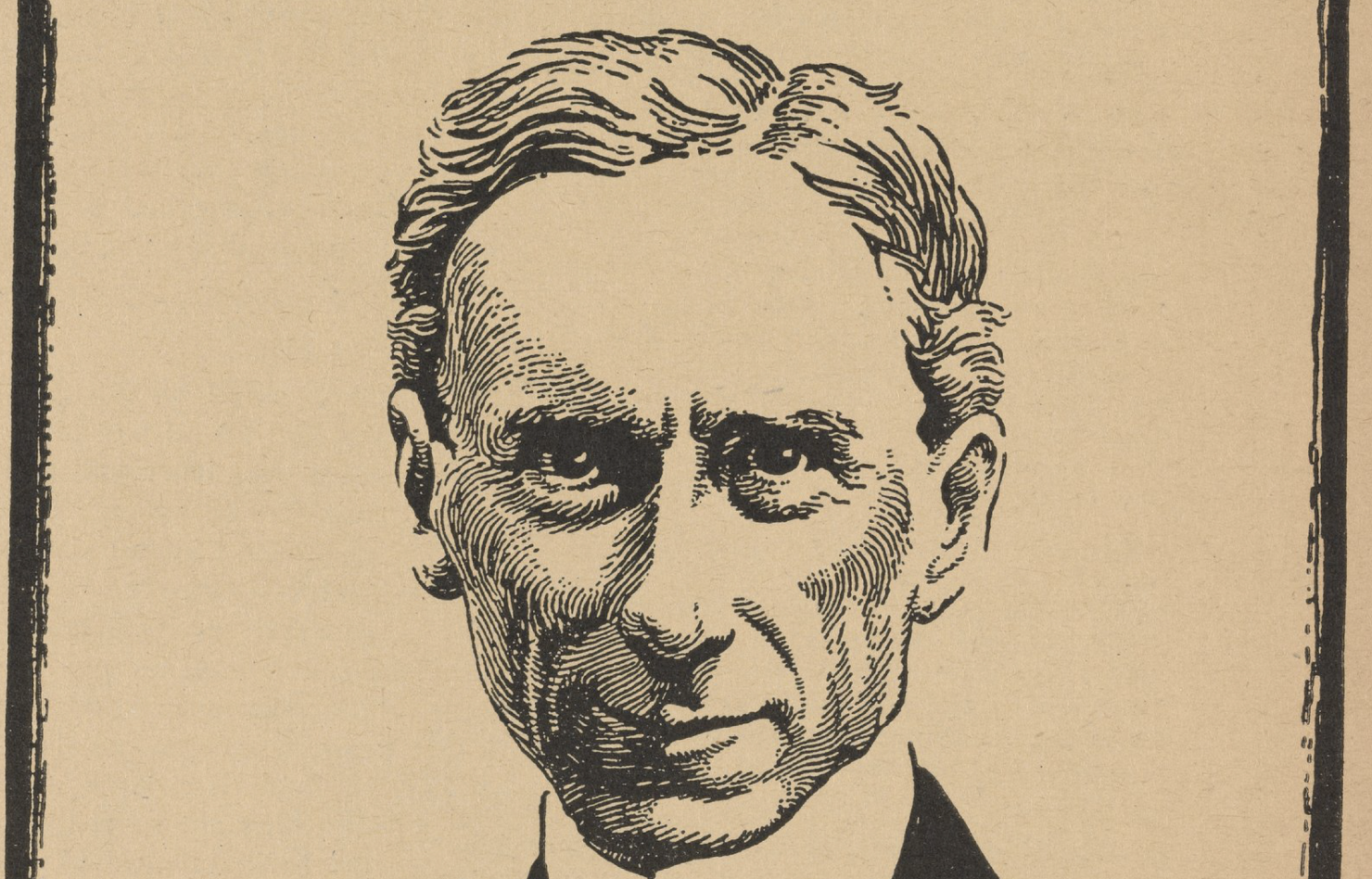Produced between 1956 and 1964 by AT&T, the Bell Telephone Science Hour TV specials anticipate the literary zaniness of The Muppet Show and the scientific enthusiasm of Cosmos. The “ship of the imagination” in Neil DeGrasse Tyson’s Cosmos reboot may in fact owe something to the episode above, one of nine, directed by none other than It’s A Wonderful Life’s Frank Capra. “Strap on your wits and hop on your magic carpet,” begins the special, “You’ve got one, you know: Your imagination.” As a guide for our imagination, The Strange Case of the Cosmic Rays enlists the humanities—specifically three puppets representing Edgar Allan Poe, Charles Dickens, and, somewhat incongruously for its detective theme, Fyodor Dostoyevsky, who plays the foil as an incurious spoilsport. The show’s host, Frank Baxter (“Dr. Research”) was actually a professor of English at UCLA and appears here with Richard Carlson, explaining scientific concepts with confidence.
The one-hour films became very popular as tools of science education, but there are good reasons—other than their datedness or Dr. Baxter’s expertise—to approach them critically. At times, the degree of speculation indulged by Baxter and the writers strains credulity. For example, writes Geoff Alexander in Academic Films for the Classroom: A History, 1958’s The Unchained Goddess (above) “introduces the viewer to bizarre concepts such as the possibility of ‘steering’ hurricanes away from land by creating bio-hazards such as ocean borne oil-slicks and introducing oil-based ocean fires.” These grim, fossil fuel industry-friendly scenarios nonetheless openly acknowledged the possibility of man-made climate change and looked forward to solar energy.
Along with some dystopian weirdness, the series also contains a good deal of explicit Christian proselytizing, thanks to Capra. As a condition for taking the job, “the renowned director would be allowed to embed religious messages in the films.” As Capra himself said to AT&T president Cleo F. Craig:
If I make a science film, I will have to say that scientific research is just another expression of the Holy Spirit… I will say that science, in essence, is just another facet of man’s quest for God.
At times, writes Alexander, “the religious perspective is taken to extremes,” as in the first episode, Our Mr. Sun, which begins with a quotation from Psalms and admonishes “viewers who would dare to question the causal relationship between solar energy and the divinity.” The Unchained Goddess, above, is the fourth in the series, and Capra’s last.
Afterward, a director named Owen Crump took over duties on the next four episodes. His films, writes Alexander, “did not overtly proselytize” and “relied less on animated characters interacting with Dr. Baxter.” (Watch the Crump-directed Gateways to the Mind above, a more sober-minded, yet still strangely off-kilter, inquiry into the five senses.) The last film, The Restless Sea was produced by Walt Disney and directed by Les Clark, and starred Disney himself and Baxter’s replacement, Sterling Holloway.
Note: An earlier version of this post appeared on our site in 2015.
Related Content:
Josh Jones is a writer and musician based in Durham, NC. Follow him at @jdmagness


